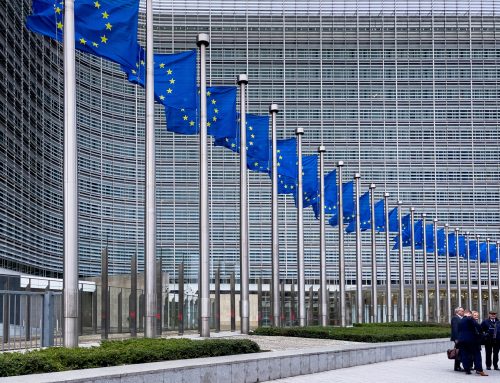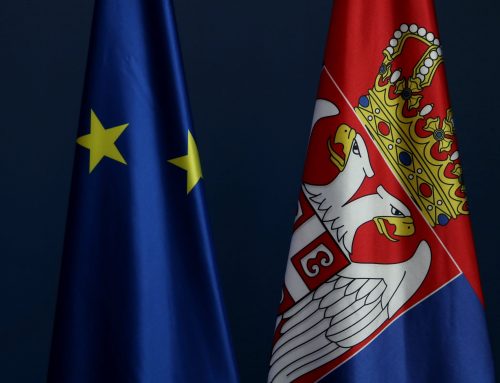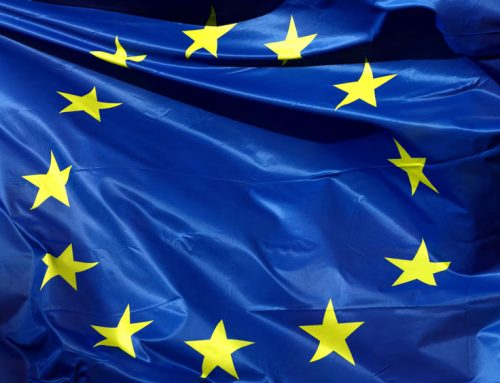Achieved results, plans for the next period and the importance of education in the process of European integration were the main topics of the opening of the conference “Cooperation between Serbia and the EU – Creating opportunities for improving education through Erasmus + program” organized by the Tempus Foundation.
The first speaker, the Head of the Delegation of the European Union to Serbia, Ambassador Sem Fabrizi, points out that education remains one of the priorities of EU action. He points out that in Europe there is the concept of Erasmus generation, which includes millions of people who have gone through this program.
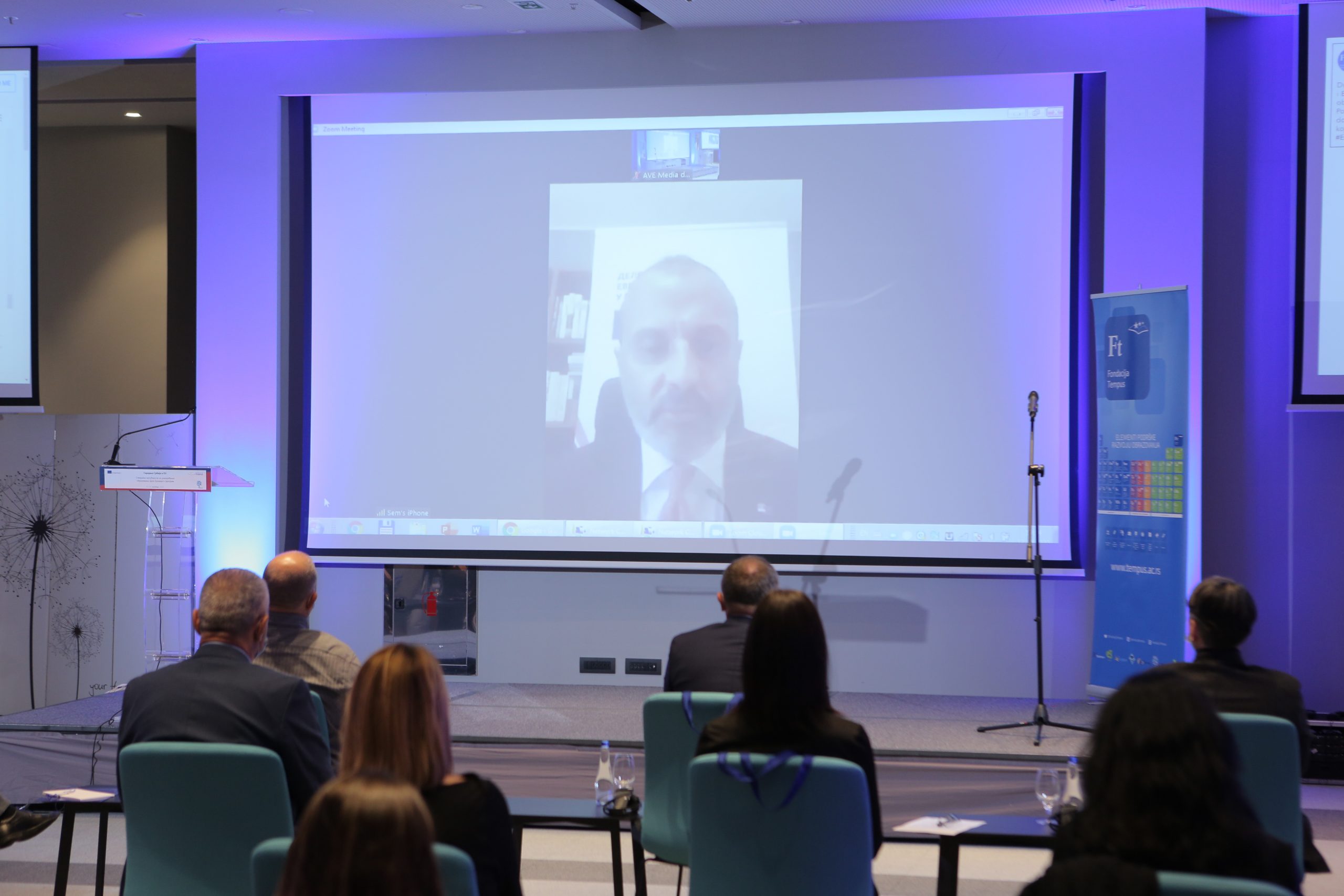
“This investment in knowledge, skills and competences will benefit individuals, institutions, organizations and society as a whole, contributing to the growth and ensuring equality, prosperity and social inclusion in Europe and beyond. I would therefore like to reiterate my hope that Serbia will continue to participate in the new Erasmus + program in full capacity in the next program cycle. This program contributes invaluably to Serbia’s accession concerning Chapter 26, both in education and in the field of youth policies, “said the EU Ambassador.
At the same time, he called on all organizations to apply for two public calls from the European Commission in the field of education, to mitigate the consequences of the COVID 19 pandemic. The competition for funds totalling 100 million euros lasts until October 29.
3./ New Erasmus programme (2021 – 2027) will be better funded, more inclusive, friendly use and greener. I encourage Serbia to continue its participation in full capacity in the new programme. #Education #skills #jobs pic.twitter.com/Uiur3JR0Cj
— Sem Fabrizi (@FabriziSem) October 13, 2020
Since 2019, Serbia is a program country within Erasmus +, one of the six members that are not also part of the EU. Assistant Minister of Education, Science and Technological Development, Aleksandar Jović, says that the ministry supports the activities of the program, which has brought a lot of good to the education system of Serbia.
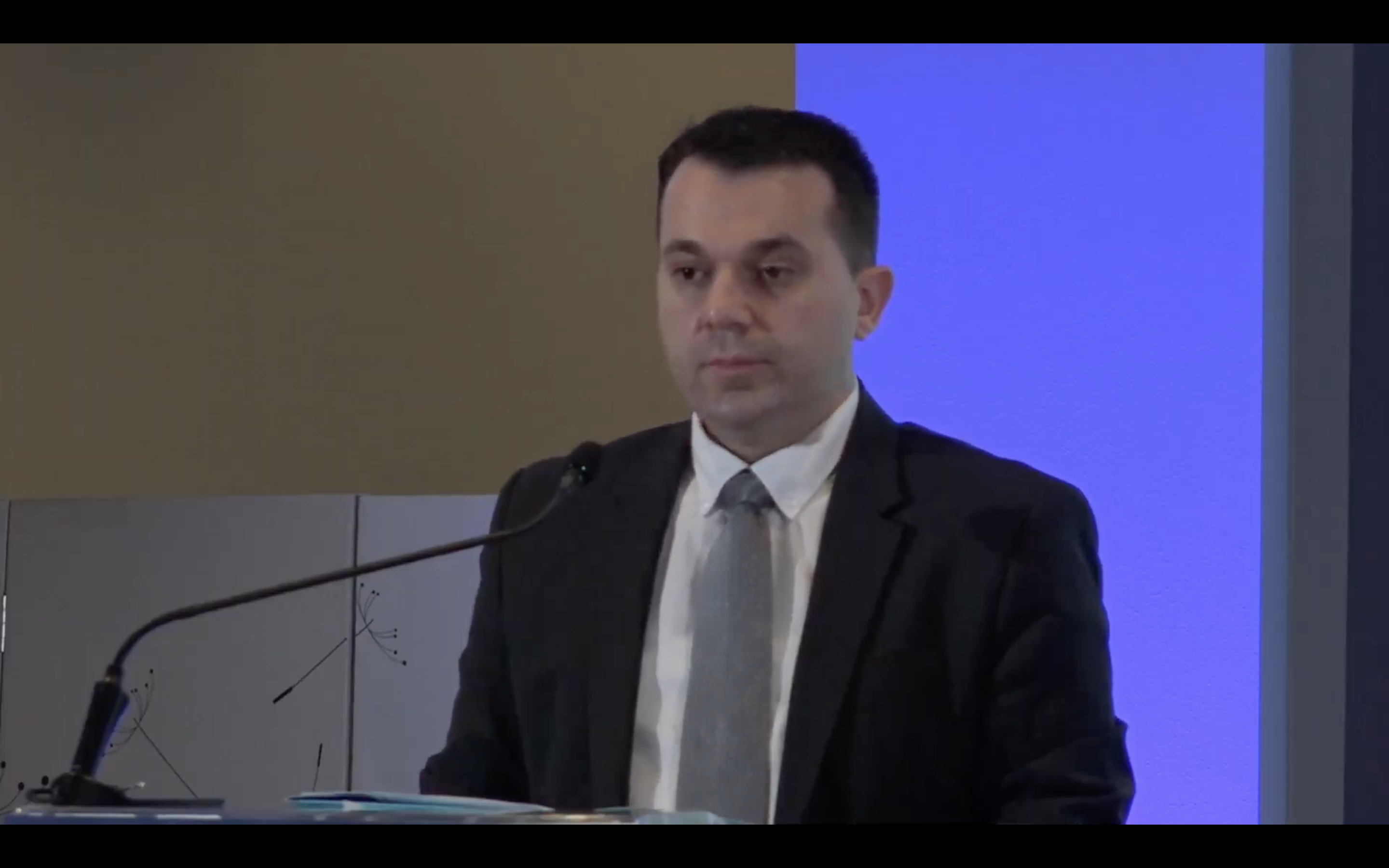
“Now that the first cycle of the Erasmus + program is coming to an end, it is necessary to emphasize that this program was essential for strengthening the capacity of institutions in Serbia, but especially for internationalizing our education through the mobility of teachers, professors, pupils and students and technological development will continue to provide full support not only to the Tempus Foundation, but also to all participants in the Erasmus + program, all those individuals or institutions that will participate in the new cycle, and help and provide additional funds for greater participation in the program, “Jovic said. .
Assistant Minister of Youth and Sports Uros Pribicevic also emphasizes cooperation.
“The partnership established by the Ministry of Youth and Sports, the Ministry of Education, Science and Technological Development and the Tempus Foundation, with the full support of the Delegation of the European Union, proved to be a success. From the beginning of the program, the Ministry of Youth and Sports sought to support “Through additional activities. With the financial support of the Ministry, through training, the capacities of associations, youth offices and organizations in the field of sports for absorbing funds have been strengthened,” says Pribićević.
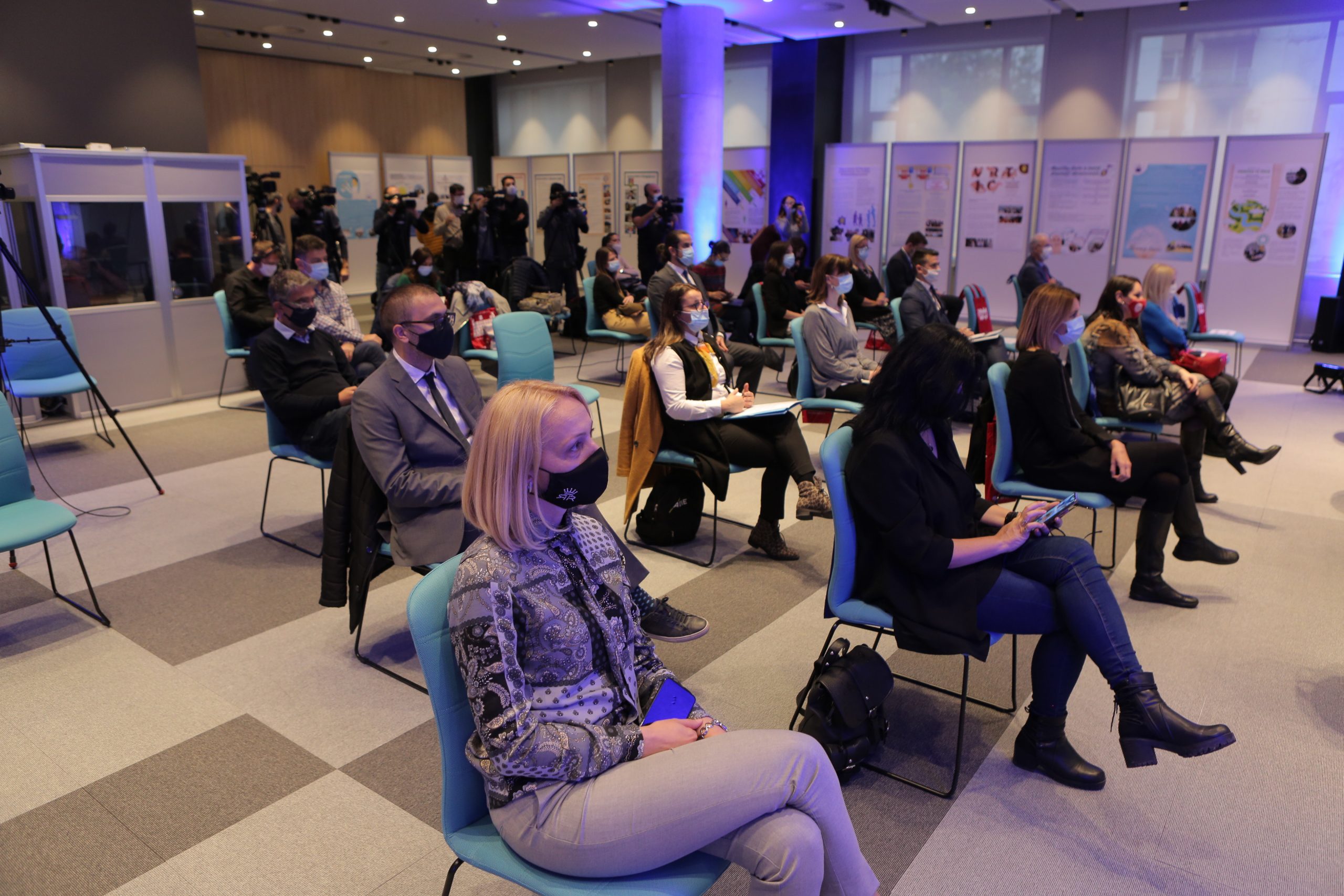
The President of the Conference of Serbian Universities, Ivanka Popović, says that it is important to work on Erasmus projects, in order to take full advantage of the positive effects.
“Undoubtedly, it is a great material contribution that came through strengthening the resources that the faculties had, and the benefit that came from that, but it seems to me that we must always return to what is most important, and that is human potential. The greatest value of Serbia is The time and effort invested in cultivating new generations of researchers and teachers is one of the good results of the Erasmus program “, concludes the Rector of the University of Belgrade.
The President of the National Education Council, Radivoje Stojković, said that “the networking and connection in the Tempus and Erasmus + network is fascinating”, in which many educational institutions participate.
The manager of the Tempus Foundation, Marija Filipović Ožegović, points out that Serbia is among the most successful participants in the program, that it has taken certain steps in record time, and presented the possibilities in the coming period.
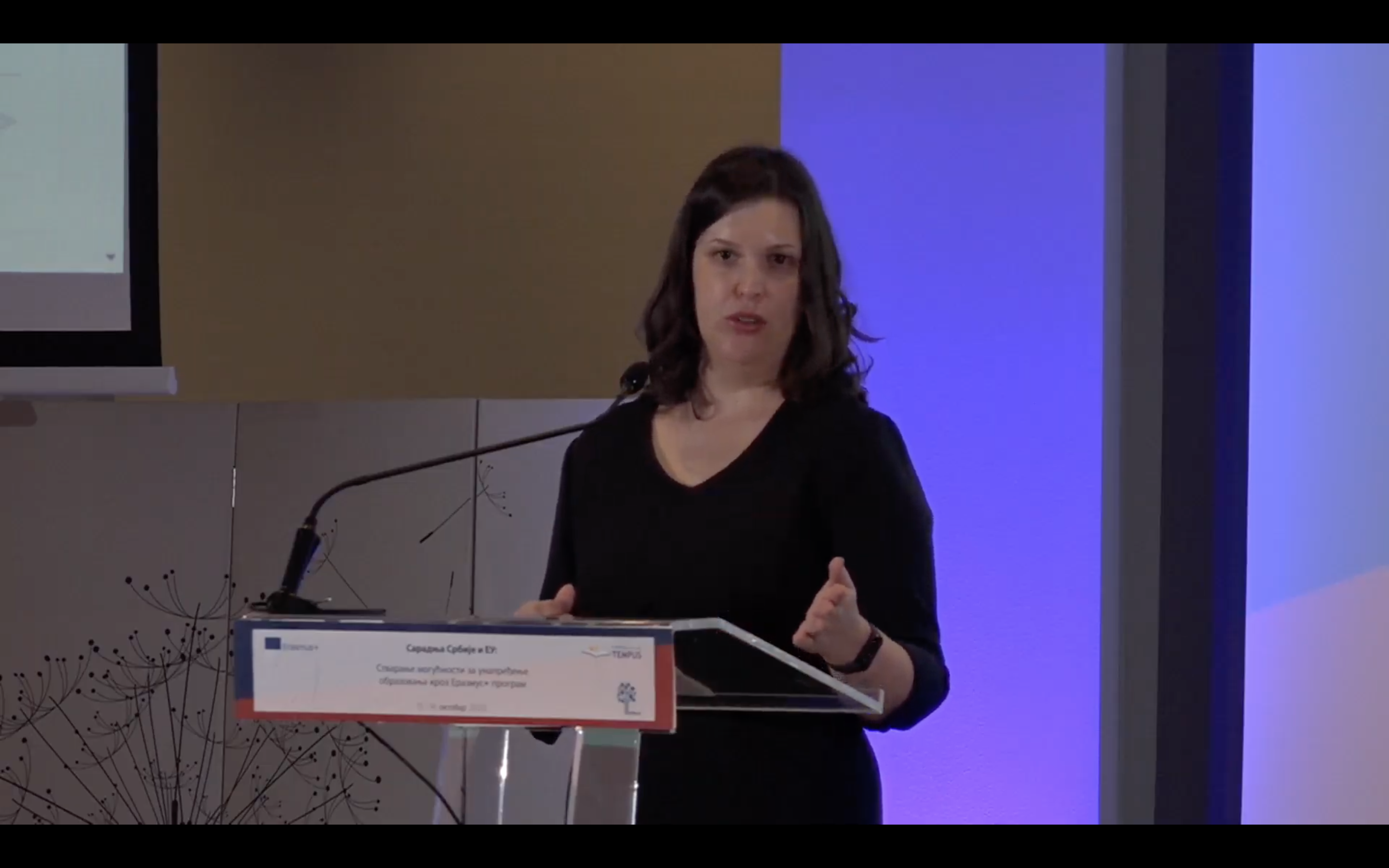
“The new program, in addition to all these activities related to the quality of education, includes other important segments. One concerns the excellence of teaching and connection with science, primarily through the European Universities initiative. Still, we expect other initiatives, and I want to congratulate the University of Belgrade The second segment of the program concerns inclusiveness, but not in the narrowest sense, but rather inclusiveness on economic grounds or any other barriers to participation in the program, so there will be financial grants for those who are now the program is more difficult to access “, announces Filipović Ožegović.
Erasmus + is a European Union program that provides funding for cooperation projects in three areas: education, youth and sport. A seven-year program with a budget of almost 15 billion euros (14.7), Erasmus + is implemented from 2014 to 2020. It combines several previous programs – Erasmus Mundus (higher education), Tempus (cooperation of educational institutions), Youth in Action (organizations youth) and the Lifelong Learning Program.
The Tempus Foundation is an organization that has been dealing with Serbia’s participation in European Union programs related to education for 18 years. Since 2014 it has been responsible for monitoring projects from the EU “Erasmus +” program. The Foundation cooperates with educational and youth institutions, provides support to all institutions and organizations in connection with applying for projects, as well as individuals to find Erasmus +, CEEPUS and other scholarships, career guidance and counselling and conducts other activities to develop human resources and society as a whole.


